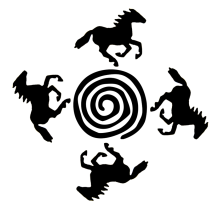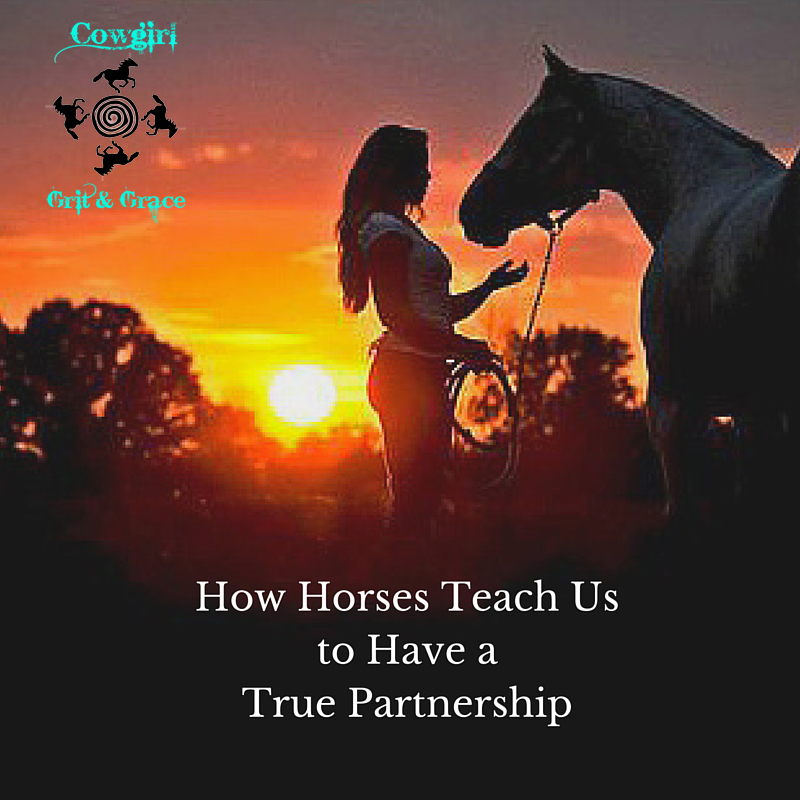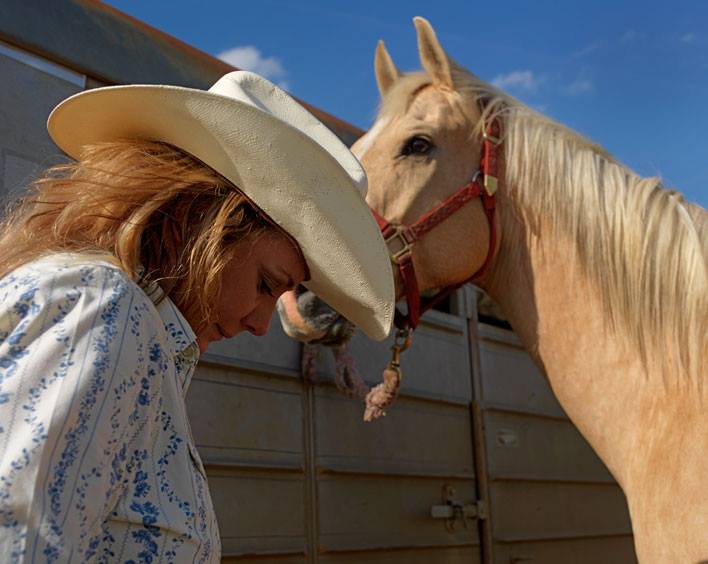Personal relationships are the fertile soil from which all advancement...all success... all achievement in real life grows.
-- Ben Stein
True partnerships are complex, deeply personal and can be an inexplicable thing, especially if it wasn’t modeled to you as a child. People have all sorts of misleading ideas about relationships and what a true partnership is. Movies, romanticize it as being an all consuming passion that is supposed to last forever, with someone who understands you completely, or takes care of your every need without you having to ask. But healthy relationships are more than that, they are about creating a true, equal, caring partnership with another.
Our relationships don’t start out as true partnerships. They take time, effort, and are often a dance of give and take and only by working together can a relationship reach its full potential.
The following principles of a true partnership are universal. They apply not only to romantic relationships, but also to, friendships, business relationships and our relationship with our equine partners. Relationships that have these characteristics will grow stronger over time.
- Feeling safe to express yourself without judgment. It’s important to be able to feel like you can fully be yourself. We can’t create a true partnership when we can’t fully be ourselves with another, either out of our own self-consciousness or because we fear a negative reaction. Horses don’t judge us and we are free to be our truest selves with them. When our guard is down, our defenses soften and we can gently open ourselves to receive love, affection, friendship and insight.
- Feeling heard. In a true partnership you should feel as though your partner listens to your thoughts and feelings and makes an effort to understand you without judgment or an agenda. Working with a horse depends wholly on non-verbal communication they are always listening to our every expression and movement.
- The truth is more important than not hurting each other’s feelings. Far too often we fall into the trap of not saying how we’re feeling out of fear of hurting another’s feelings. Despite our well-meaning intentions, not talking about an issue only creates rifts in our relationships. A true partnership can’t survive emotional dishonesty. Horses are always honest with us. You always know where you stand with them because there is never a hidden agenda.
- Respecting each other’s boundaries. Many people think that a true partnership means enmeshment. A true partnership is about two people who come together with common goals and mutual caring, but that doesn’t mean they own one another. We all need space and freedom to be our authentic selves and there is nothing more empowering than realizing we are responsible for our own needs. The size of the horse motivates us, simply out of safety to command respect. Once a person learns to set boundaries with such a large animal their ability to do so with their own species is much easier.
- Having an equal balance of power. In a true partnership both people share the same sense of obligation, emotional investment and responsibility for making the relationship work. It’s a hopeless situation when one person wants more from the relationship than the other, resulting in a power struggle. You can’t expect obedience from a horse without earning it. If you don’t give them trust, they won’t trust you.
- Serve as an avenue for personal growth. A true partnership strengthens your personal growth. It should expand you, not contract you. Our relationships are one of the greatest ways we grow emotionally, psychologically and spiritually, they bring out all our fears, insecurities, character defects, and unresolved issues in a powerful way, and if you want the relationship to work, we have to work through them. Working with horses also does this because they have the ability to mirror exactly what our body language is telling them. Allowing us to become aware of the messages we are sending and how this impacts our human relationships.
It's surprising how many people go through life without ever recognizing that their feelings toward other people are largely determined by their feelings toward themselves, and if you're not comfortable within yourself, you can't be comfortable with others.
-- Sidney J. Harris


